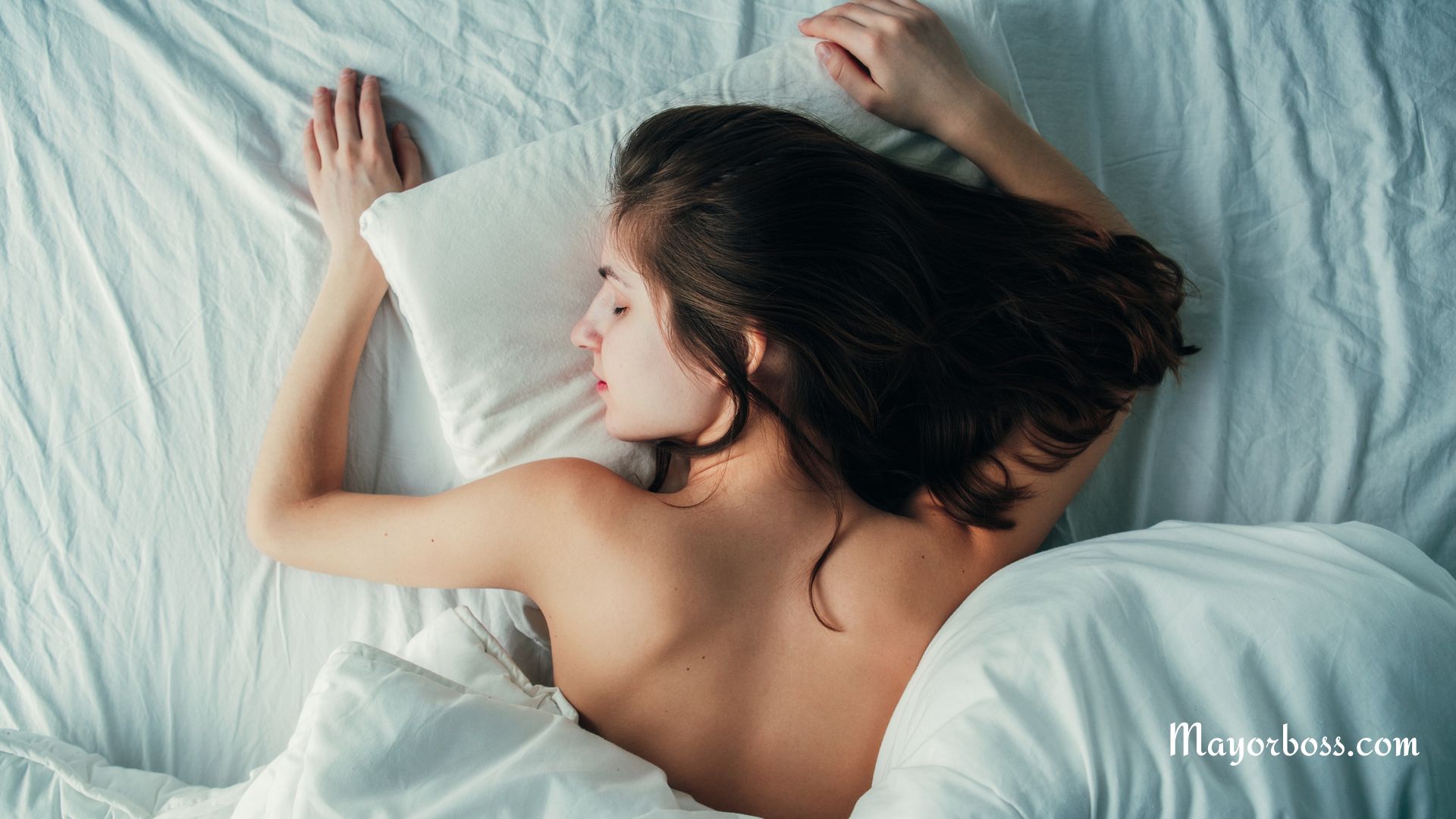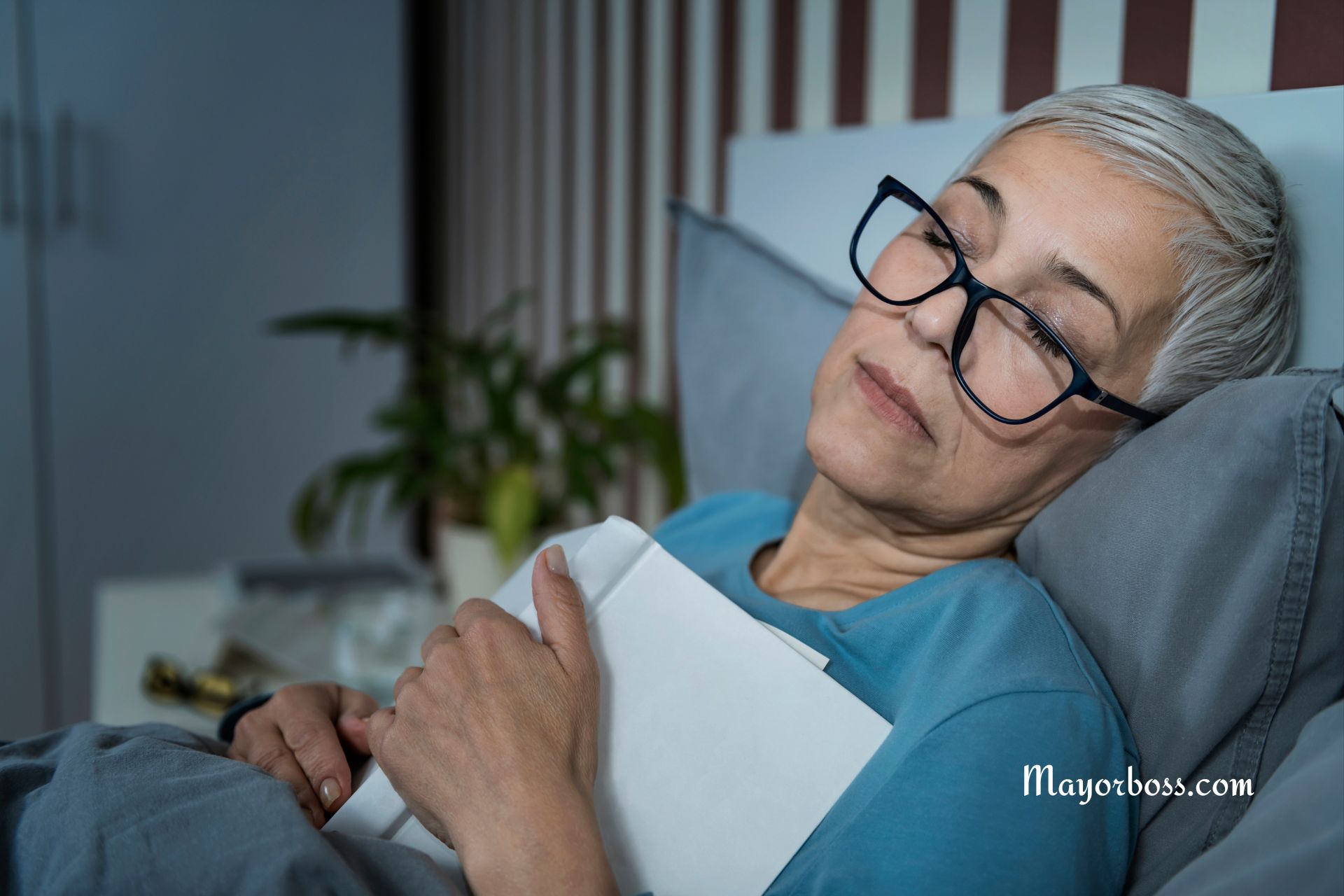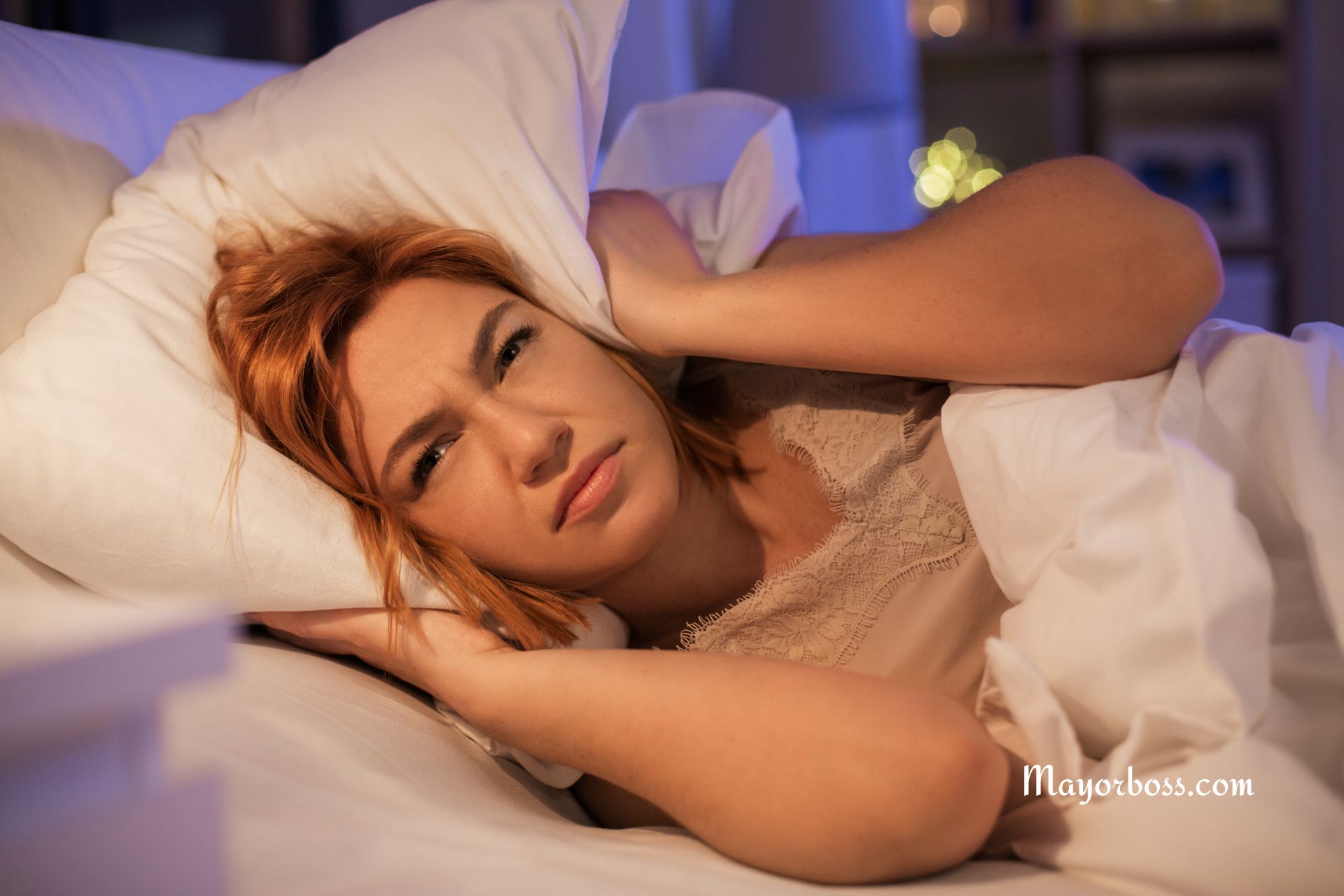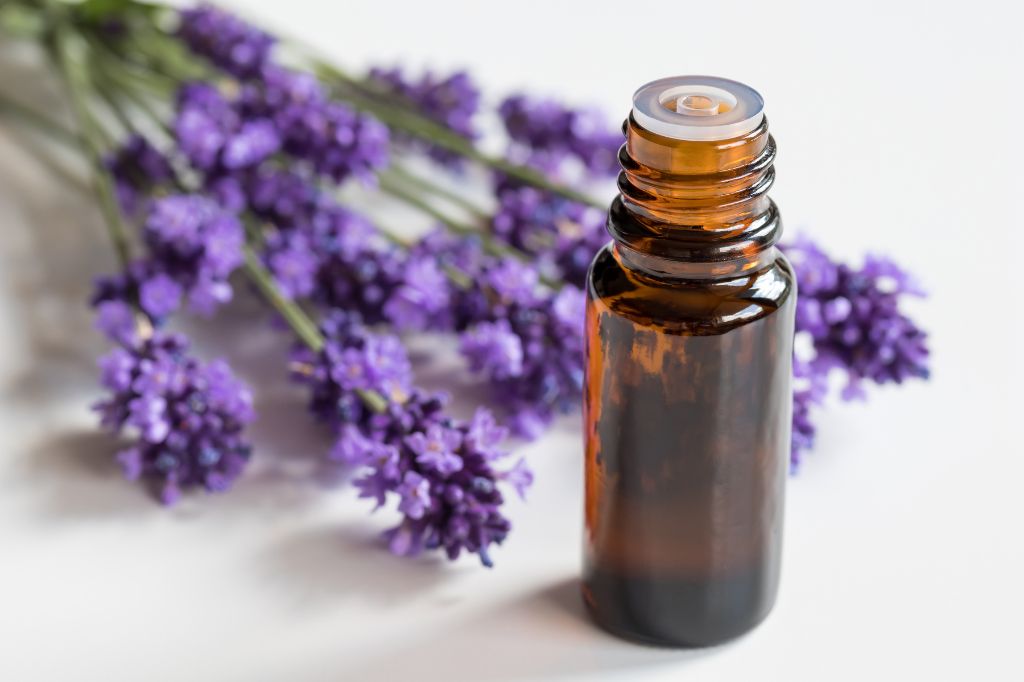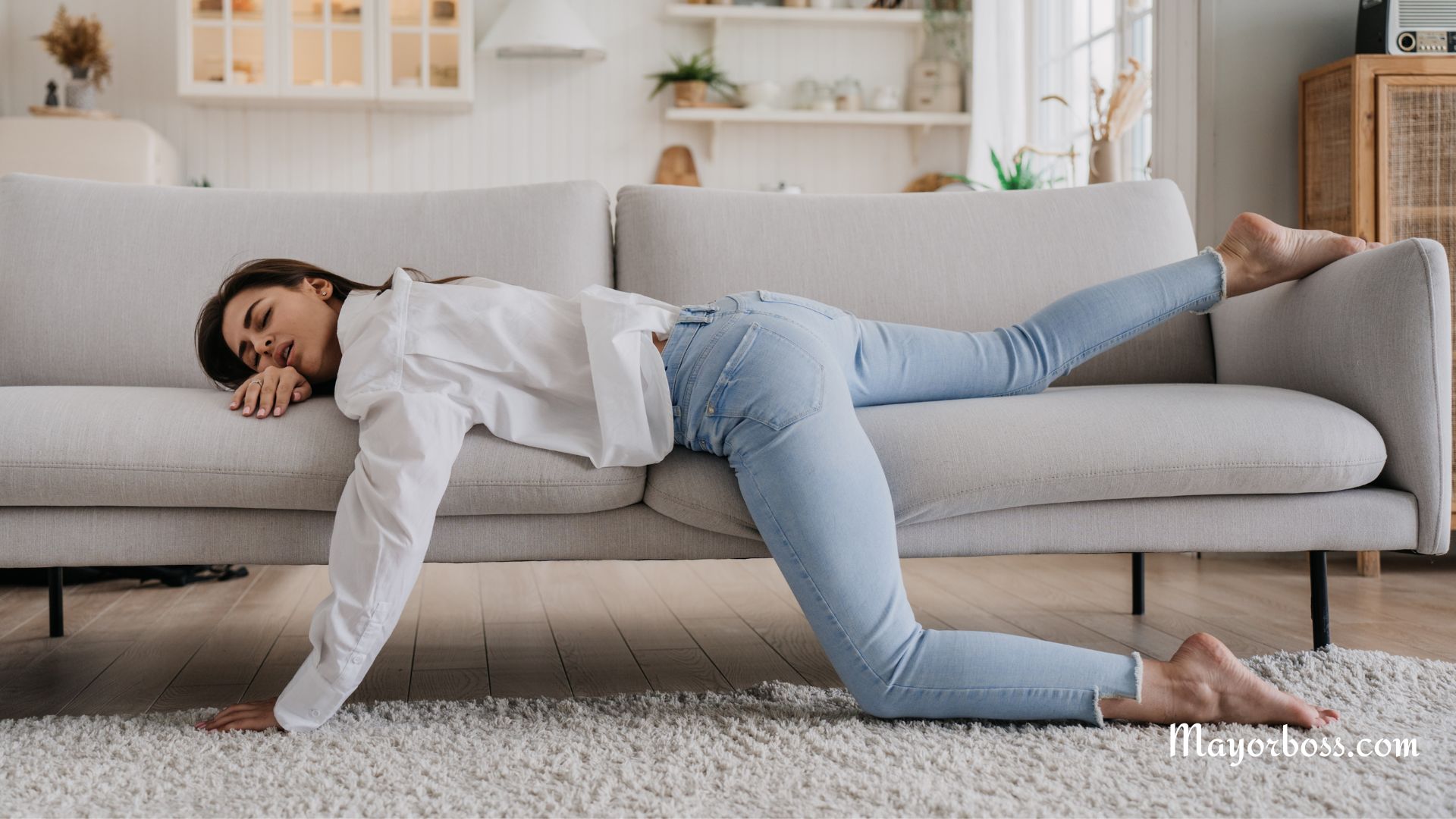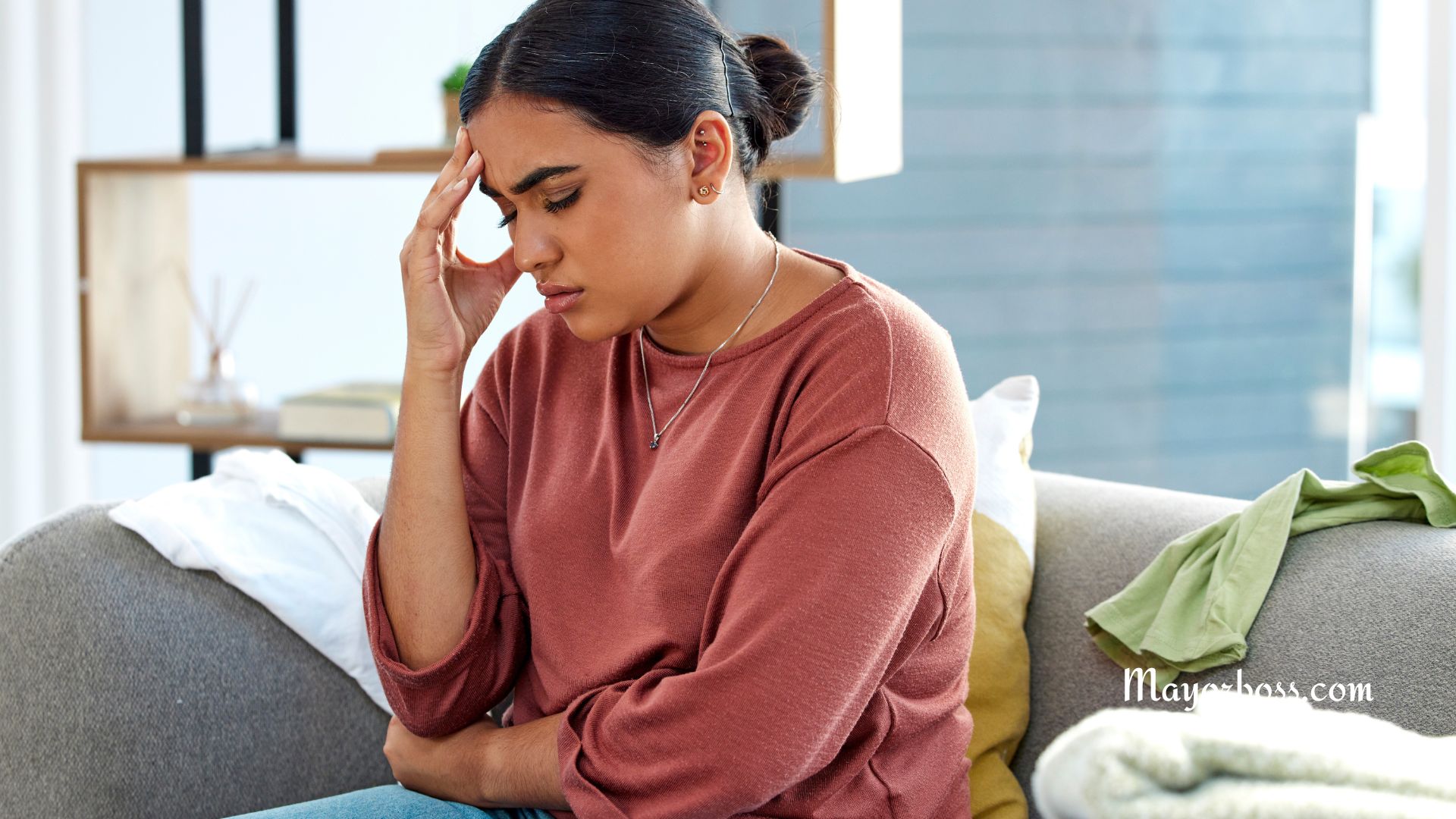7 Home Remedies for Sleep Apnea
Sleep apnea is a prevalent sleep disorder characterized by repeated interruptions in breathing during sleep. These interruptions, known as apneas, can cause daytime fatigue, loud snoring, and even serious health complications like heart disease and high blood pressure.
There are two primary forms of sleep apnea: Obstructive Sleep Apnea (OSA), which occurs when the muscles in your throat relax, and Central Sleep Apnea (CSA), which results from your brain failing to send the correct signals to your muscles that control breathing.
Nearly ten percent of men and five percent of women suffer from it.
Although sleep apnea can be treated with medical intervention, there are also some home remedies that may help. This article will discuss seven home remedies to help you manage your sleep apnea symptoms.
Remember, it’s essential to consult a medical expert before trying any new treatments, as some remedies may not be appropriate for everyone.
1. Change Your Sleeping Position
One of the simplest home remedies for sleep apnea is adjusting your sleeping position. Research has shown that sleeping on your back can worsen sleep apnea symptoms, as it causes the tongue and soft palate to collapse to the back of your throat.
To alleviate this issue, try sleeping on your side, particularly your left side. This might help keep your airway open and decrease apnea episodes.
To maintain a side-sleeping position, you can use a body pillow or place a pillow between your knees. Alternatively, try the “tennis ball trick” by sewing a tennis ball into the back of your pajamas to potentially prevent you from rolling onto your back.
2. Stop Eating Larger Meals in the Evening
Eating a large meal close to bedtime can worsen sleep apnea. Heavy meals can cause bloating and discomfort, making it harder to breathe during sleep. Instead, it is advisable to consume smaller, more frequent meals throughout the day and avoid eating three hours before going to bed to improve your sleep quality.
3. Don’t Drink Alcohol Before Bed
Alcohol can relax the muscles in your throat, increasing the likelihood of airway obstruction. Therefore, to alleviate sleep apnea symptoms, avoid consuming alcohol at least three hours before bedtime.
4. Maintain Your Weight
One of the most effective remedies recommended by health experts for sleep apnea, particularly for those with OSA, is weight loss. Having excess weight, particularly around the neck and throat (medically known as pharyngeal fat), can contribute to sleep apnea by putting pressure on the airway.
In fact, several studies have reported that maintaining a healthy weight through regular exercise and a balanced diet can help ease the severity of sleep apnea.
5. Diffuse Essential Oil in Your Bedroom
Some essential oils, such as peppermint, lavender, and chamomile, have been found to help clear the airways and improve sleep quality. Diffusing these oils in your bedroom can create a calming environment, helping you breathe easier and sleep better.
Just be sure to follow the proper safety guidelines for using essential oils.
6. Use a Humidifier in Your Bedroom
Dry air can irritate your nasal passages and throat, worsening sleep apnea symptoms. Using a humidifier in your bedroom help maintain the right level of humidity, making it easier for you to breathe during sleep. Make sure to keep the humidifier clean to prevent the growth of mold and bacteria.
7. Try Yoga
This is a classic home remedy for sleep apnea. Yoga has been shown to improve lung function and strengthen the muscles that control breathing. Including yoga in your daily routine can help you breathe more easily and decrease the symptoms of sleep apnea. Look for gentle yoga classes or online tutorials designed specifically for sleep apnea relief.
In Conclusion
Sleep apnea doesn’t have to rule your life. By implementing these seven effective home remedies, you can take control of your sleep apnea and enjoy a better night’s sleep. Remember, if your symptoms persist or worsen, it’s essential to consult with a healthcare professional for further evaluation and treatment.
Further Reading: How to Fall Asleep Quickly When You’re Feeling Anxious

